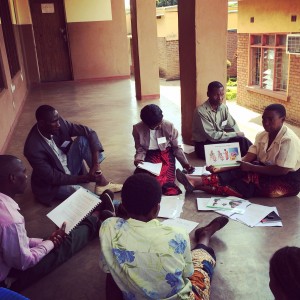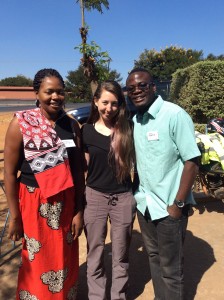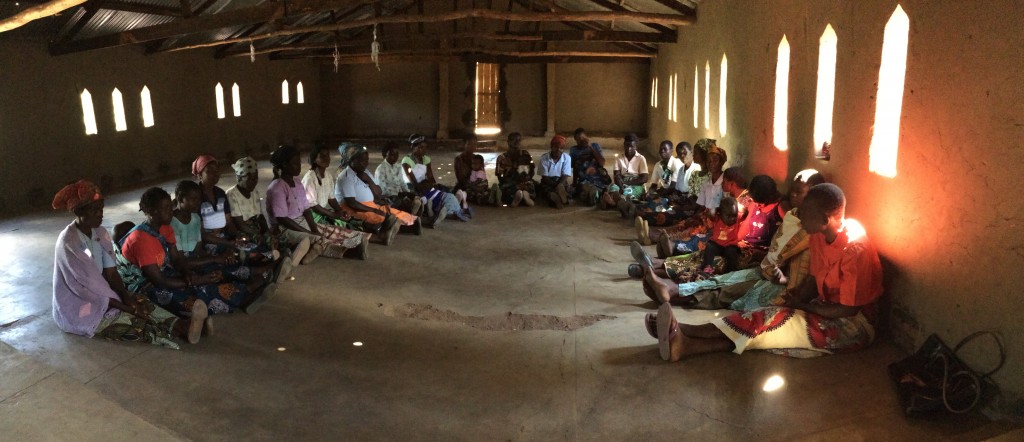Student takes an unexpected path for practicum experience
November 17, 2015
Blog post from Hillary Murphy, Master of Public Health student in the Department of Health Behavior:
In summer 2015, I found myself unexpectedly working in sub-Saharan Africa on a pilot intervention involving breastfeeding practices among mothers with HIV.
Just to help you, the reader, understand how “out of my element” this was, here is a little background on me. My public health experience up to this point involved local food movements, health disparities in rural North Carolina, and for a few months, community engagement and education in permaculture practices in Java, Indonesia. Despite my obvious lack of experience, I was lucky enough to be offered a practicum position, and less than a month later, I began working in Malawi, a small country in southern Africa.
Currently in Malawi, 13 percent of pregnant women are HIV-positive. Without intervention, between 5 percent and 20 percent of their children will become infected with HIV through breast milk. This would suggest that prevention of mother-to-child transmission is of critical importance.

Volunteers break into small groups to practice using breastfeeding counseling cards at the Nathenje training. Photo by Hillary Murphy.
During my time in Malawi, our goal was to tailor and pilot-test an Infant and Young Child Feeding (IYCF) promotion intervention among HIV-positive Malawian women in community-based village savings and loan associations (VSLAs). We tailored training materials and IYCF learning sessions on 1) breastfeeding and 2) complementary feeding for use with Malawian trainers and VSLA volunteers, and pilot-tested these materials to further refine them for use in Malawi.
The pilot training was conducted in the small town of Nathenje, where our trainers spent two days teaching the volunteers to facilitate the breastfeeding learning sessions for their VSLAs. We quickly learned that we needed to adjust our expected timeline to allow for the volunteers to gain experience and comfort with facilitating the learning sessions, and that while we initially included lessons on adult learning, the volunteers made it clear that breastfeeding information and recommendations needed to be prioritized.

Hillary Murphy poses with two trainers, Gloria and John, at the Nathenje training. Photo courtesy of Hillary Murphy.
During the following two weeks, we visited VSLAs in more rural parts of Lilongwe to observe the volunteers’ facilitation. At each village, we were welcomed with enthusiastic singing and dancing and invited to sit in on the learning sessions. Two sessions were conducted in a small concrete building with a tin roof punctuated with rows of holes to let in sunlight.Another was conducted outside under the shade of trees. It was the dry season, so the sky was perpetually blue and sunny. The learning sessions involved more singing and dancing, accentuated by the sounds of babies fussing and guineafowl squawking in a discordant chorus. After returning to the office, we further refined the training materials and learning sessions, now with a better understanding of how and where they were going to be used.
Although this practicum helped build my skills in program implementation and tailoring – and gave me a deep love for sub-Saharan Africa – it most importantly was a reminder to be open to unexpected experiences. There is no way to know what your true passions are unless you welcome opportunities that are out of your element.

